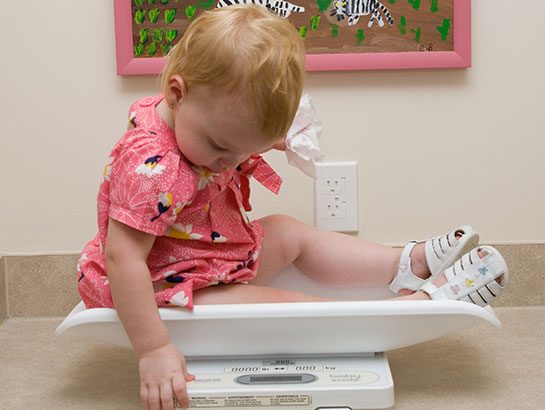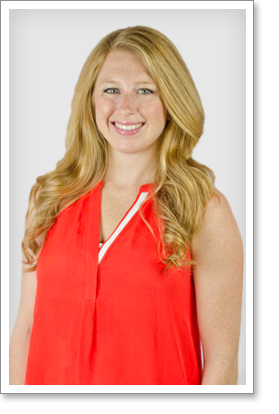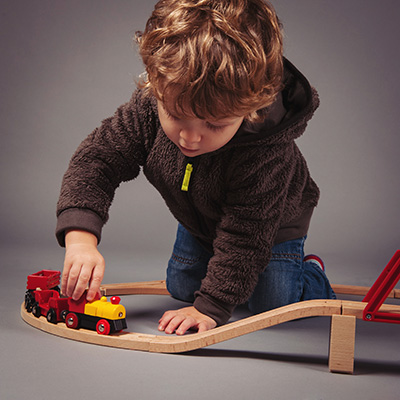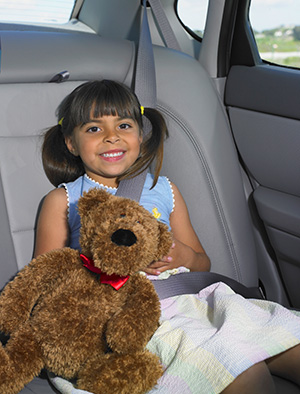Time for Your Child’s Well Visit

Has your child had their yearly check up? Summer is a great time to schedule your older child for their annual well visit. Bring any camp or school forms and we will complete those also!
When scheduling your appointment, if you have significant issues to discuss, please let the receptionist know. We want to allow enough time to address any concerns you may have. Even if things are going well, annual well visits are important. In addition to looking for any abnormalities, it’s a great opportunity for us to build a trusting relationship with your child. We want our patients and parents to feel comfortable discussing any concerns they may have. For more information on what to expect at these visits, see "What to expect as your child grows."
There are five immunizations that are currently required or recommended between the ages of 11-18.
Adacel: Tdap booster for tetanus, diphtheria, and pertussis. This vaccine is required for children entering 7th grade.
Menactra: Meningitis (strains A,C,Y, and W-135) vaccine. This vaccine is required for 7th grade and Freshman entering college. Meningitis spreads where people live in close quarters. It is important for children going away to summer camp, college freshman, and adults entering the military to be immunized.
Meningitis B: Though not required for college, our providers highly recommend this vaccine. There have been multiple outbreaks at college campuses over the last 4 years. Since an outbreak is unpredictable, your best defense is getting your child immunized.
Gardasil 9: Human papillomavirus (HPV) vaccine. This vaccine is recommended but not required starting at age 9 but routinely given between age 11 and 26. Gardasil protects against anal and genital warts and nine types of HPV, in which several types are linked to cervical cancer.
Influenza vaccine: The latest recommendation is that everyone should receive an annual flu vaccine.
If you haven’t scheduled your child for a check up, don’t wait. These spots fill up quickly










 A few weeks before your appointment for ages 4 mo, 9 mo, 12 mo, 24 and 36 mo checkups, you should receive an email or phone call regarding the ASQ screening. At the 18 month well visit, a similar form, the MCHAT—a specific screener for Autism—will be given to you at your appointment. Both of the screening tools are designed to be completed prior to your appointment.
A few weeks before your appointment for ages 4 mo, 9 mo, 12 mo, 24 and 36 mo checkups, you should receive an email or phone call regarding the ASQ screening. At the 18 month well visit, a similar form, the MCHAT—a specific screener for Autism—will be given to you at your appointment. Both of the screening tools are designed to be completed prior to your appointment.
